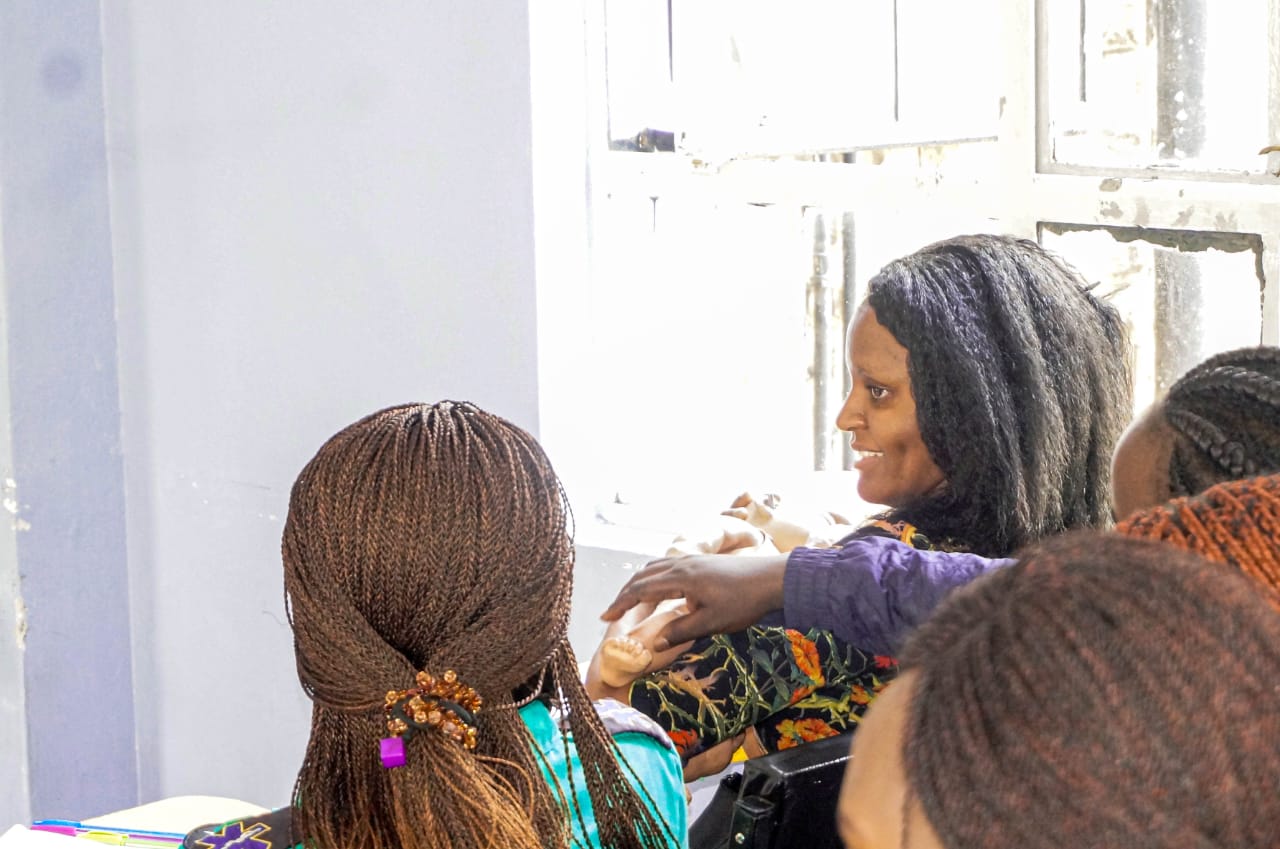Raising a child is a beautiful adventure but still a tasking job that comes with its own responsibilities, powers, rights and obligation on the parents and the guardians. I applaud all the mothers and fathers who accept to take up the tasking job that is unpaid though very demanding. A child is entitled to parental love, care and protection from their parents or guardian.
Parental responsibility is defined as all the duties, rights, powers, responsibilities and authority which by law a parent of a child has in regards to the child and the child’s property. These duties include and not limited to:
- The duty to maintain the child and in particular to provide him/her with adequate diet, shelter, clothing, medical care including immunization, education and guidance;
- The duty to protect the child from neglect, discrimination and abuse.
The rights a parent has over a child include:
- Right to give parental guidance in religious, moral, social, cultural and other values.
- Right to determine the name of the child.
- Right to appoint a guardian for child.
- Right to receive, recover, administer and otherwise deal with the property of the child for the benefit and in the best interests of the child.
- Right to arrange or restrict the emigration of the child from Kenya
- Right to arrange for the burial or cremation of the child upon their death
Parental responsibility is equal between the parents and guardians of the child. Once parental responsibility has been acquired it cannot be ceased at any time.
Parental responsibility for married parents
Parental responsibility where both the mother and father of the child are married to each other at the time of the child’s birth is shared equally between both parents and none of the parents has a superior right over the other.
In situations where the parents were not married but later or subsequently got married the parental responsibility still lay on both parents of the child. The rights are equal to both mother and father.
Upon the death of the mother, the father exercises parental responsibility of the child alone or with a guardian appointed by the mother prior to her death.
If it’s the father that dies and the mother is still alive, the mother exercises parental responsibility alone or together with a guardian appointed by the father during his lifetime.
In the unfortunate circumstance where both the mother and father die, parental responsibility of the child is exercised by:
- A guardian appointed by either parent.
- Guardian appointed by court.
- A person in whose power a residence order was made prior to the death of the child’s father and mother, and which order is still in force.
- A fit person appointed by the court, and
- When the above persons are unavailable, a relative of the child.
Parental responsibility for unmarried parents
In instances the parents were not married at the time of birth of the child and do not get married subsequently, parental responsibility lay with the mother at first instance. The mother is fully liable for the upkeep of the child. The father of the child can acquire parental responsibility in the following ways:
- The father can apply to the children’s court for an order to be granted parental responsibility of the child.
- The mother and father of the child can enter into an agreement called a parental responsibility agreement granting the father parental responsibility over the child.
- When the father and the mother have cohabited following the birth of the child for a period not less than 12 months or the father has acknowledged paternity of the child or has maintained the child, the father automatically acquires parental responsibility as a result of his conduct notwithstanding, the lack of an agreement.
A parental responsibility agreement is binding between/among the parties who signed it. It should follow the format that is stipulated by the Chief Justice. An agreement should be signed for each child separately instances there is more than one child. The only instance that this agreement can be ended is through a court order made after an application of:
- The person who has parental responsibility for the child.
- The child himself with the consent of the court.
In the unfortunate event the mother dies, the father of the child, if he had acquired parental responsibility, exercises it alone or with any testamentary guardian appointed by the mother or the relatives of the mother.
On the death of the father of a child who has acquired parental responsibility, the mother of the child shall exercise parental responsibility in respect of the child either alone, or with any testamentary guardian appointed by the father.
Parental responsibility may be extended by the court even after the child’s 18th birthday for reasons that special circumstances exist with regard to the wellbeing of the child that would necessitate such extension being made. The application should be done after the 18th birthday and the application can be made by:
- The parent or relative of a child;
- Any person who has parental responsibility for the child;
- The child.
ARTICLE BY A. Muriuki with the guidance of Mutai Maina Kimeu Associates

